
2 minute read
IMPROVING CLIMATE CHANGE RESILIENCE IN MALAWI
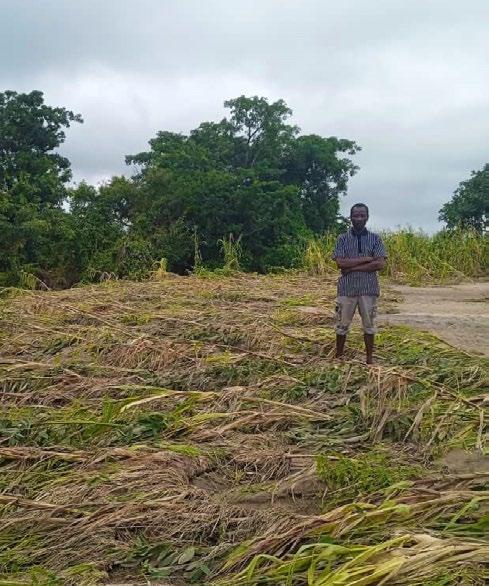
On Sunday 12th March, Southern Malawi was hit by tropical storm Freddy – one of the strongest storms recorded in the southern hemisphere.


As of April, it was estimated that over 560,000 people had been displaced, sheltering in over 500 camps, and 511 people have died. Homes, crops and livestock were swept away. Harvests were destroyed and livelihoods devastated. Many people lost everything.
Cyclone Freddy illustrates more than ever the increasing vulnerability of poor communities across sub-Saharan Africa to the impacts of extreme weather conditions. It highlights the need to build financial and climate resilience amongst communities. Our work in Malawi, providing savings, agricultural and financial training is doing just that.
Malawi is becoming increasingly susceptible to extreme weather. Our programmes are responding to this and providing:
Training in good agricultural practices and climate resilient farming techniques, to encourage farmers to adopt agricultural practices and inputs that are more resistant to the effects of climate change.
Training in financial management, budgeting and business development which enables people to run profitable businesses, save for the future and make wise financial decisions.
Access to loans that enable and encourage more climate resilient practices and income-generation diversity. With access to loans families and communities affected by climatic shocks can also start to rebuild their livelihoods and their homes.
Access to secure savings accounts to build financial assets and support greater resilience against shocks.
Access to digital platforms that enable communities to prepare for, respond to and adapt to climate change. For example, providing clients with detailed weather forecasting via their phones that can be used to inform farming strategies. This progamme is in partnership with Jersey Overseas Aid.
Approximately 1,360 of our clients were severely impacted by the floods – losing their crops, livestock and homes. Thankfully some of them had a savings account. We have worked quickly to encourage them and others to open savings accounts with the bank so that their savings are secure, and thanks to support from Jersey Oversees Aid and Opportunity International UK we are working with them to issue them with emergency loans to get them rebuilding their businesses, cover basic needs and children’s school fees.

RICHARD CHONGO COUNTRY DIRECTOR OF OPPORTUNITY INTERNATIONAL MALAWI
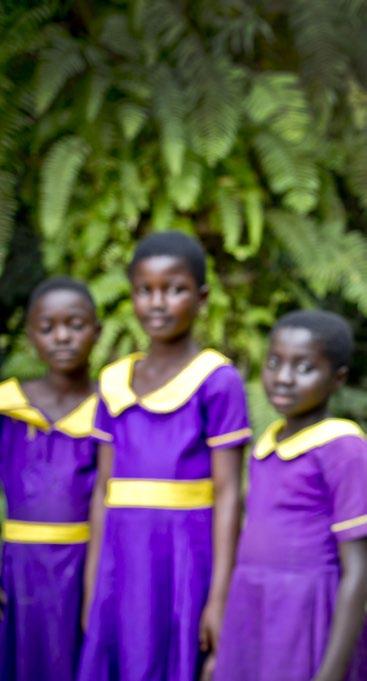

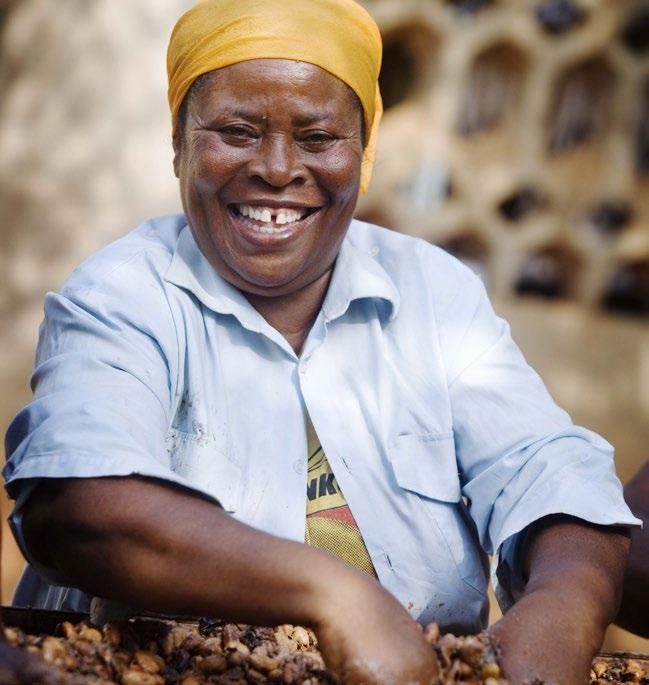

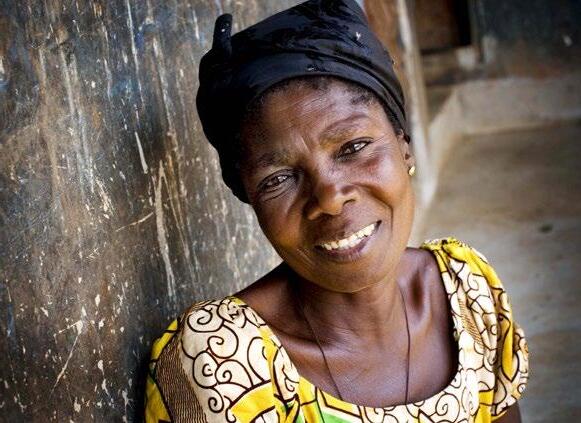
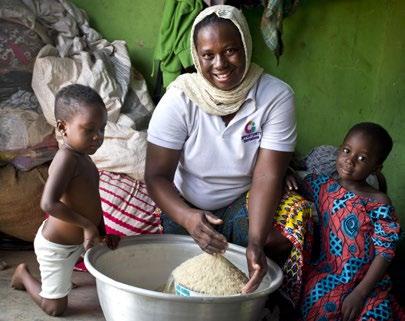



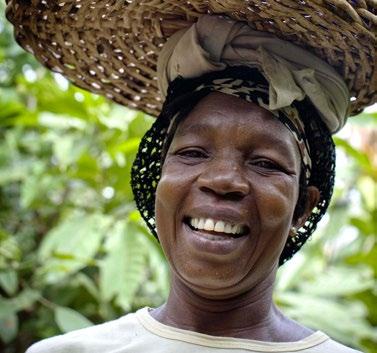

Over 92% of Opportunity
International’s clients globally are women… But why?
Worldwide, 70% of those living on less than $2 a day are women and girls. Their greatest challenge is not lack of knowledge or motivation, but a lack of access to financial services and training to launch businesses, support their families, educate their children and strengthen their local economies.
This is where we come in.
Opportunity International provides women with access to financial services, training and support so they can work their own way out of poverty. Research shows that women reinvest up to 90% of earnings back into their households – that’s money spent on nutrition, food, healthcare, school, and income-generating activities. When a women is empowered, their family and community is lifted out of poverty, and the cycle of generational poverty is broken.


What we do:
Support female entrepreneurs to run sustainable and growing businesses that increase income and further job opportunities.
Train women in budgeting and business management. Train communities on the value of women in decision making for the family and the community.
Over the next two years we want to reach another 100,000 women with lifechanging financial services and support.
OPPORTUNITY


